
John Trumbull was an American painter and military officer best known for his historical paintings of the American Revolutionary War, of which he was a veteran. He has been called the "Painter of the Revolution". Trumbull's Declaration of Independence (1817), one of his four paintings that hang in the United States Capitol rotunda, is used on the reverse of the current United States two-dollar bill.

William Alexander, also known as Lord Stirling, was a Scottish-American major general during the American Revolutionary War. He was considered male heir to the Scottish title of Earl of Stirling through Scottish lineage, and he sought the title sometime after 1756. His claim was initially granted by a Scottish court in 1759; however, the House of Lords ultimately overruled Scottish law and denied the title in 1762. He continued to hold himself out as "Lord Stirling" regardless.
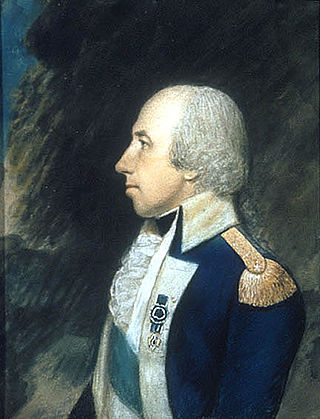
Rufus Putnam was an American military officer who fought during the French and Indian War and the American Revolutionary War. As an organizer of the Ohio Company of Associates, he was instrumental in the initial colonization by the United States of former Native American, English, and French lands in the Northwest Territory in present-day Ohio following the war.
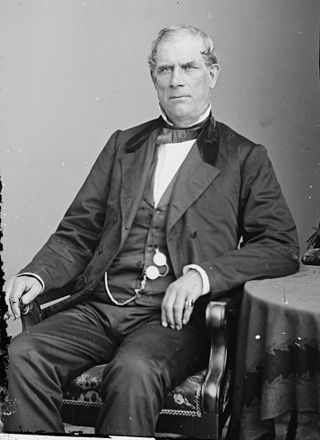
Edward Thurlow Weed was a printer, New York newspaper publisher, and Whig and Republican politician. He was the principal political advisor to prominent New York politician William H. Seward and was instrumental in the presidential nominations of William Henry Harrison (1840), Zachary Taylor (1848), and John C. Frémont (1856).

Adolphus Washington Greely was a United States Army officer and polar explorer. He attained the rank of major general and was a recipient of the Medal of Honor.
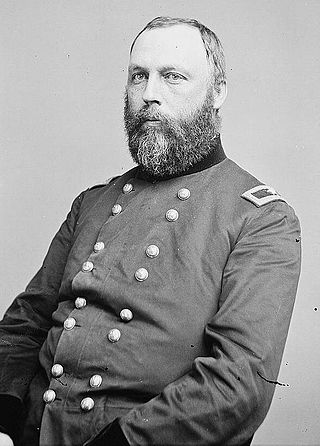
William Alexander Hammond was an American military physician and neurologist. During the American Civil War he was the eleventh Surgeon General of the United States Army (1862–1864) and the founder of the Army Medical Museum.
William Stacy was an officer of the Continental Army during the American Revolutionary War, and a pioneer to the Ohio Country. Published histories describe Colonel William Stacy's involvement in a variety of events during the war, such as rallying the militia on a village common in Massachusetts, participating in the Siege of Boston, being captured by Loyalists and American Indians at the Cherry Valley massacre, narrowly escaping a death by burning at the stake, General George Washington's efforts to obtain Stacy's release from captivity, and Washington's gift of a gold snuff box to Stacy at the end of the war.
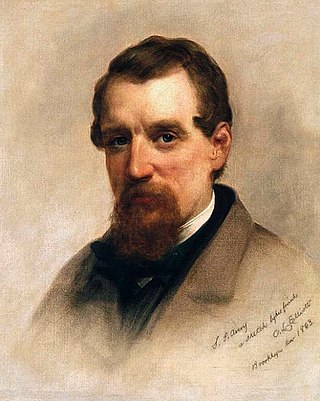
Samuel Putnam Avery (1822–1904) was an American connoisseur and dealer in art.
William Handy Ludlow was an American politician. He was also an officer in the Union Army during the American Civil War.
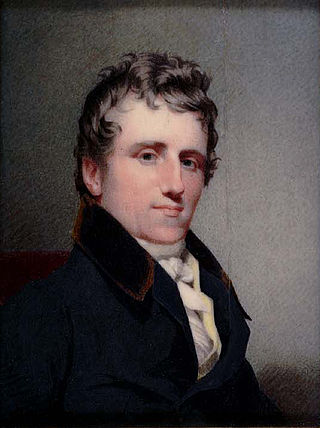
John Church Hamilton was an American historian, biographer, and lawyer. He was the son of Alexander Hamilton, one of the Founding Fathers of the United States.
Colonel Alexander Hamilton Jr. was the third child and the second son of Elizabeth Schuyler and Alexander Hamilton, one of the Founding Fathers of the United States.
Jonathan Leavitt was a bookbinder who later co-founded the New York City publishing firm of Leavitt & Trow, one of the nation's first publishing houses. Leavitt was also co-founder of another early New York publishing house with his brother-in-law Daniel Appleton. George Palmer Putnam, who went on to found a New York publishing dynasty, received his first job from Leavitt. Eventually Jonathan Leavitt went into business on his own, and after his death the firm was run by his son George Ayres Leavitt.

Thomas Williamson Means was a settler of Hanging Rock, Ohio, and a native of South Carolina. Together with his brother Hugh he became notable in Ashland, Kentucky, after he built the Buena Vista Furnace and became a director of the Kentucky Coal, Iron & Manufacturing Company. He was also the father of Ashland Mayor John Means. Means owned furnaces in Alabama, Kentucky, Ohio, and Virginia.
Washington Hall was a historic hotel in antebellum Atlanta, Georgia. Built in 1846, the building was one of the earliest hotels built in the city. The hotel, along with many other structures in the city, was destroyed in 1864 during the Battle of Atlanta.

Julie Opp was an American stage actress who was for a number of years popular on both sides of the Atlantic Ocean. She was the wife of the Anglo-American actor William Faversham, whom she married shortly after the two co-starred in the 1902 Broadway production, The Royal Rival.
Nathaniel Harrington Bannister was an American actor and playwright.
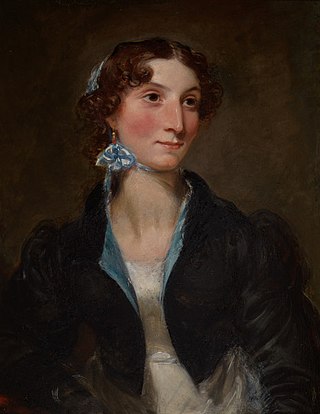
Charlotte Mardyn was an English actress of Irish descent of the early 19th-century who was rumoured to have been the mistress of Lord Byron.
Tunis Van Pelt Talmage was an American businessman and politician from New York.
William Thackara Read was an American lawyer and politician from New Jersey.
Ernest Hall was an English-born American lawyer and judge from New York.











